
I have spent my career debating Marxists of all shades. One small dose of Hegel and history is usually enough to sober them up. In our Gothic world of theoretical hallucinations, there is not even a chance of genuine debate. One must either consent to the hallucination or else shut up.

Becoming Christmas is living in the knowledge, as St. John writes, that “as he is, so also are we in this world.”
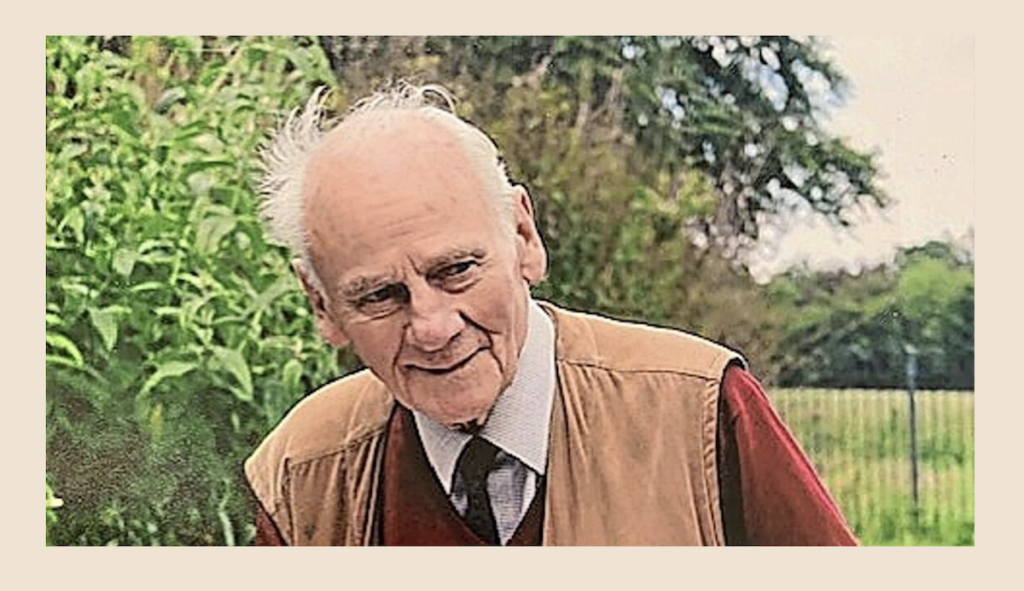
With the death of John Bellingham, conservatism has lost one of its greatest sons.
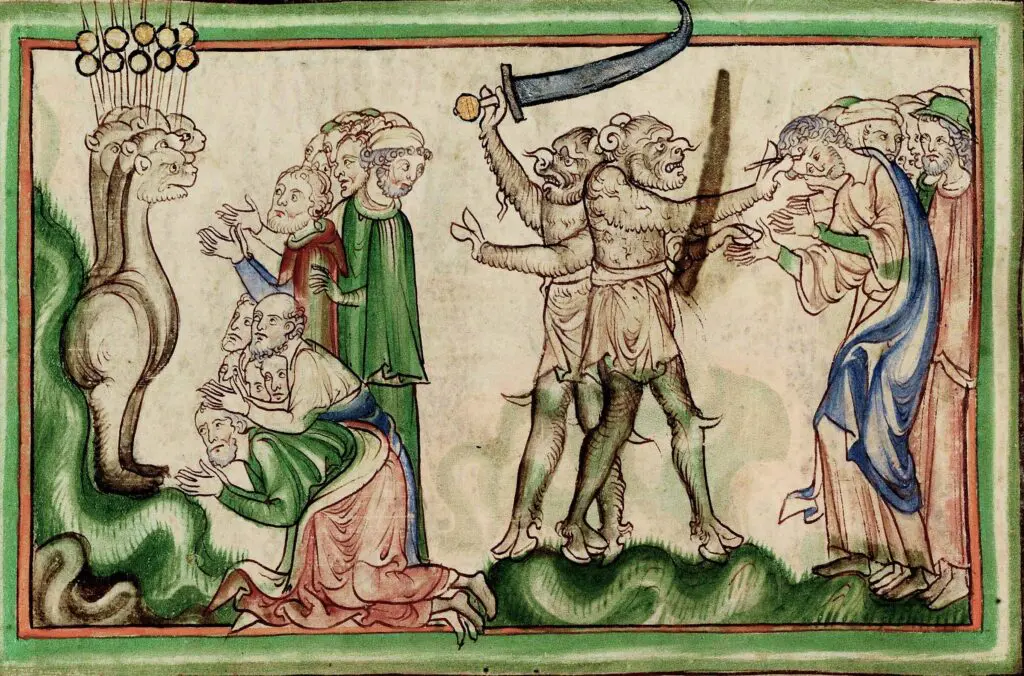
Let us avoid talk of a ‘culture war’ when what we are engaged in is nothing less than a lethal spiritual conflict.
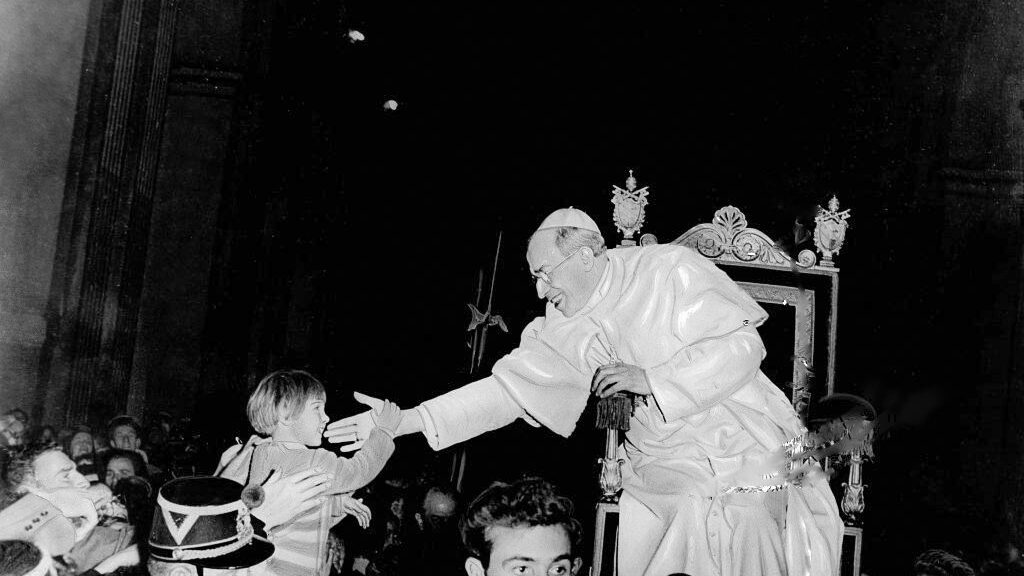
It is hard not to draw the conclusion that the observable obsessive impulse to destroy Pius’ reputation is driven more by ideology than by any objective historical inquiry.
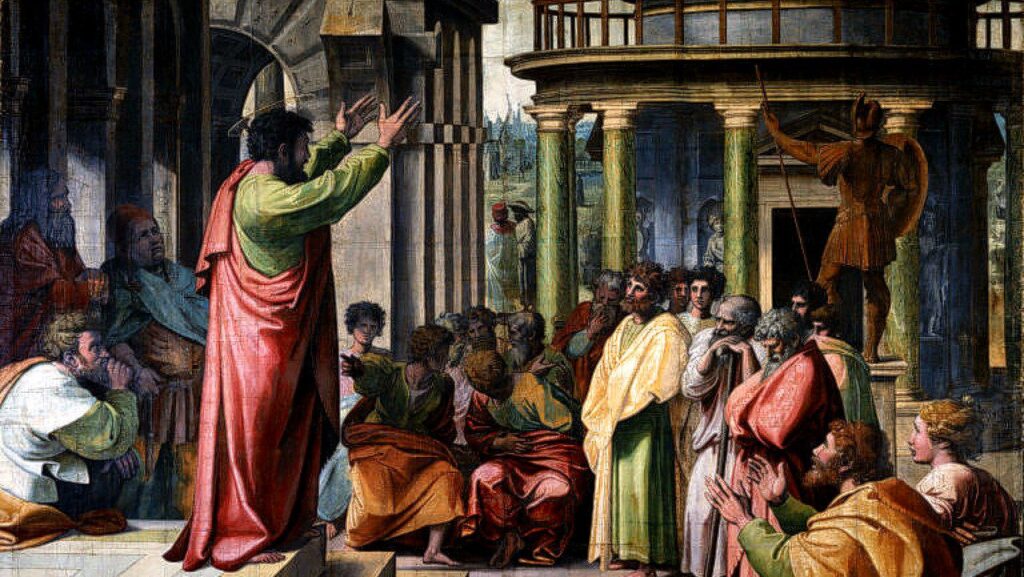
The sad fact is that the Church has lost faith in the Gospel. That is why it seeks to promote a new gospel of inclusion, equality, and environmentalism. The best way to survive the synod is simply to ignore it.
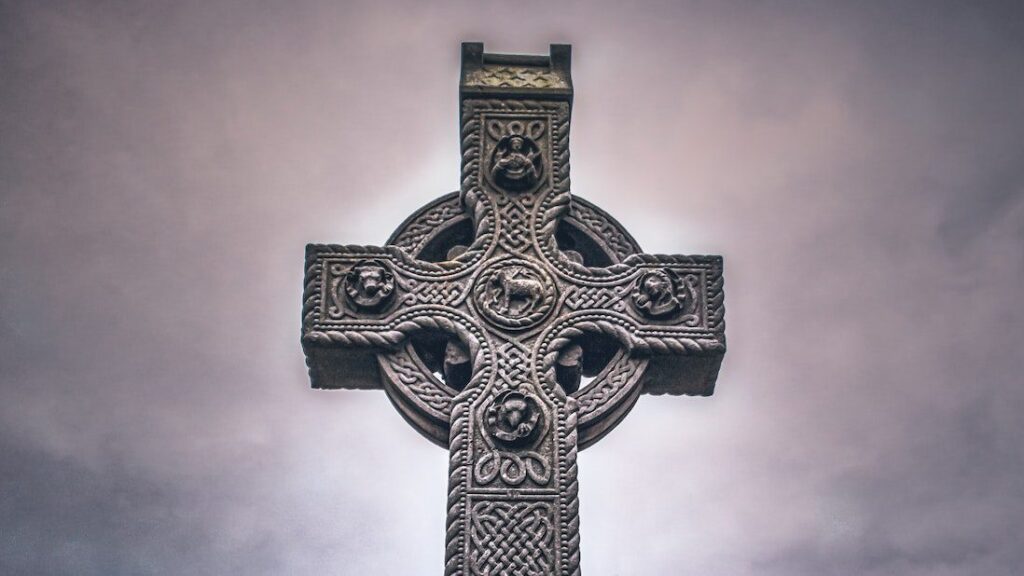
The Irish Catholic Church still has a deeply faithful lay remnant. It is also served by many fine priests who, despite little diocesan support and a hostile climate, continue to labour tirelessly in the vineyard of the Lord.
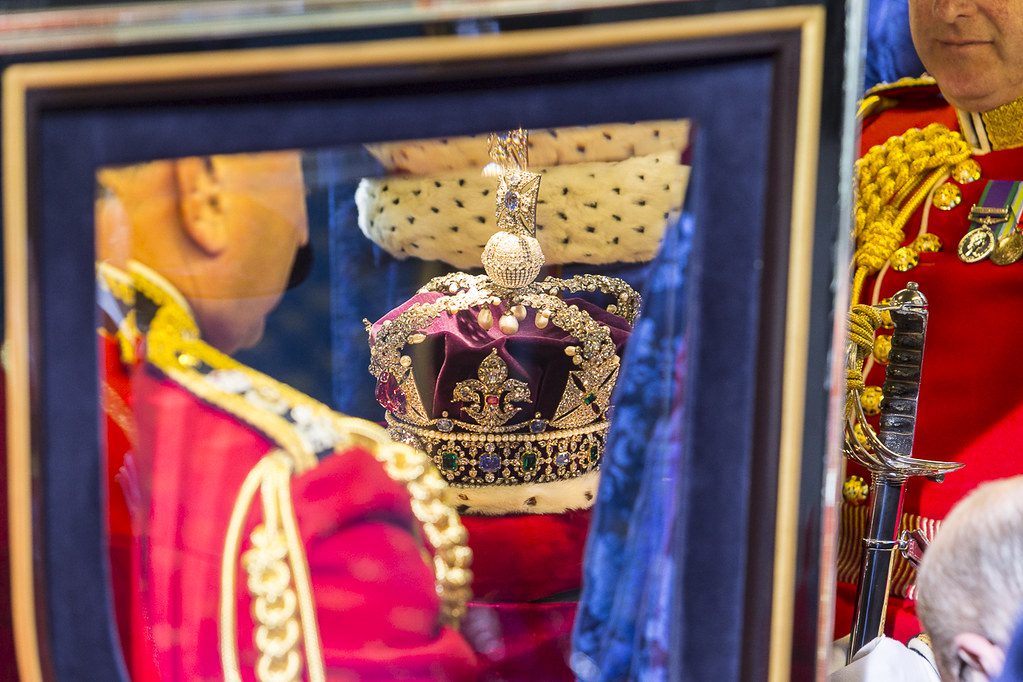
Politicians come and go, but the monarch provides continuity in the life of a nation that looks beyond the moment.

Free societies need people like Eoghan Harris—courageous contrarians who defy the culture of amnesia. Such people are the vanguard of memory, reminding us that liberty is a precious but fragile asset that we must not take for granted.
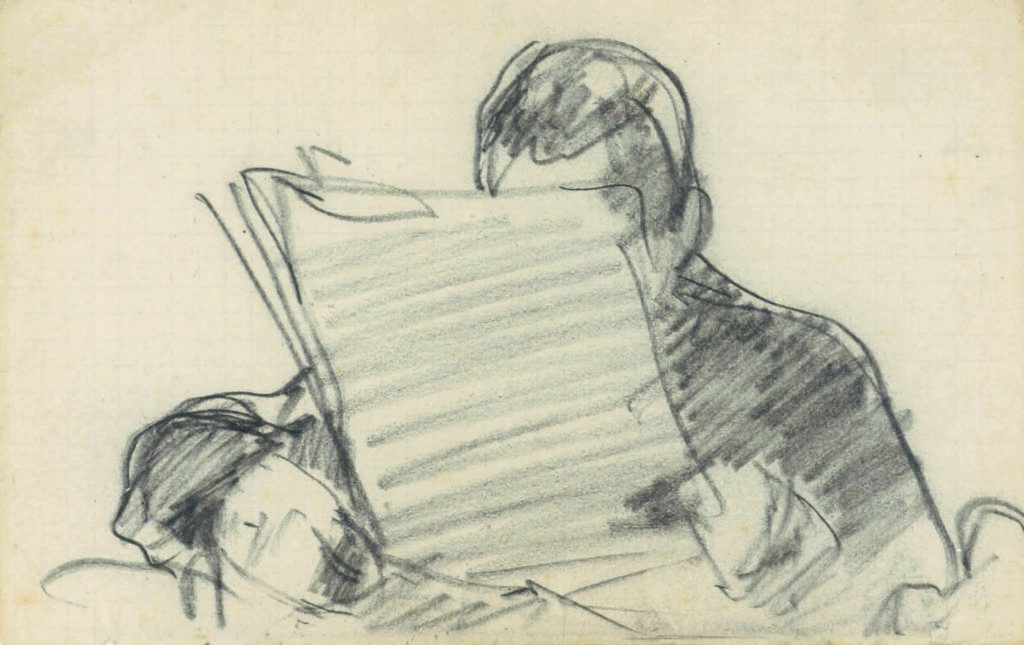
If journalism helped Scruton to synthesise ideas in a single thought, it also displayed the rich literary gifts which first brought him to the attention of the British public in the 1970s. For him, journalism was much more than conveying information, news, or opinion. It was an attempt to stir the imagination of the reader so that the ‘unfashionable opinion’ being expressed might become theirs.
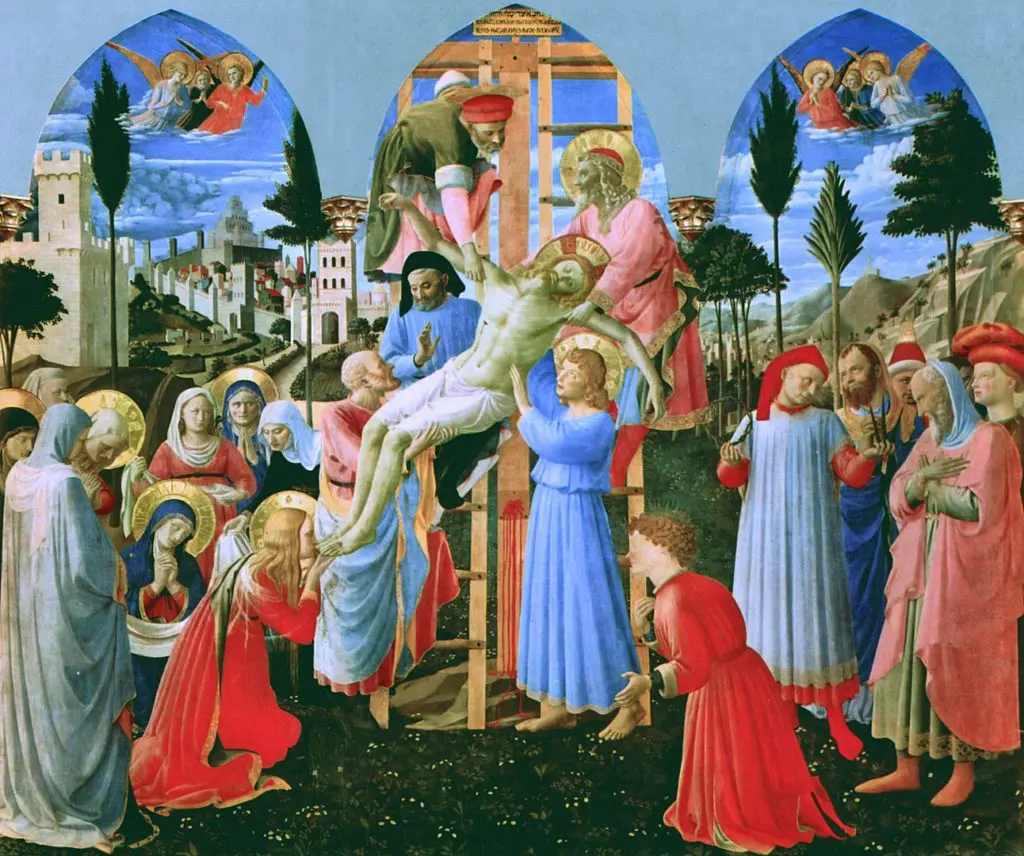
That is what the world is desperately yearning for, which is why people still flock to their churches to kneel down and kiss the Cross on Good Friday. Most may not fully understand why they are there, but they know that Christ did not give his life so that we would remain the same. He gave his life so that, having crucified the old self, the burden of bondage would be lifted forever.
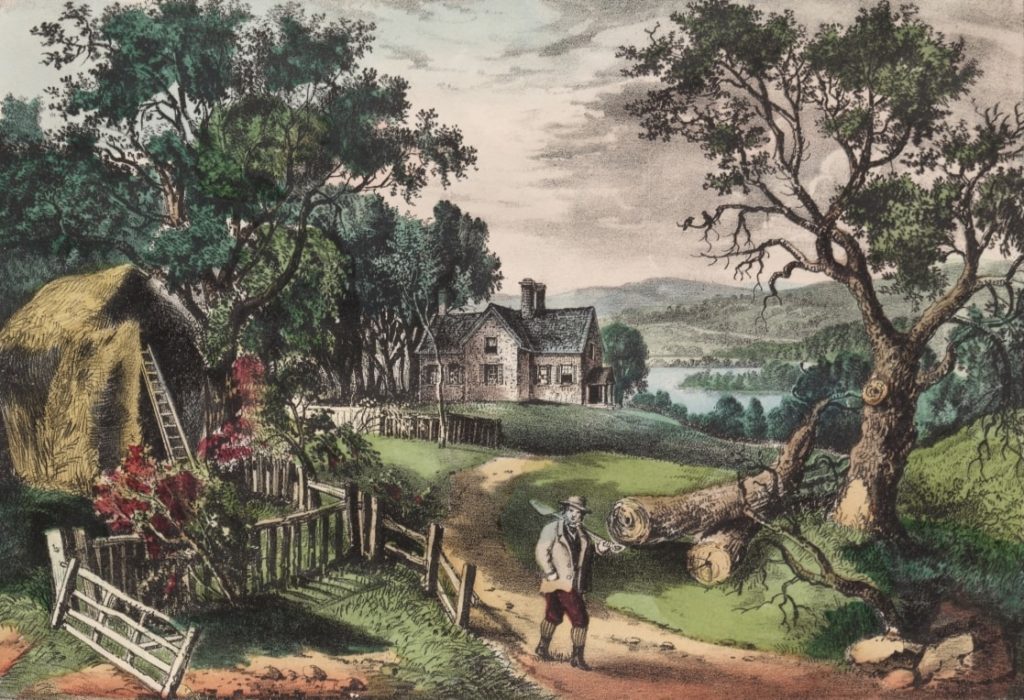
If conservatives seek to uphold the law of the home, it is because they consider it neither feasible nor desirable to transcend it. Hence, they defend the local over the universal and the familiar over the anonymous. Their attachment to their country is founded on reverence and fidelity to that place which made them, and whose geography, law and culture constitutes the fabric of their identity and the object of their true affection.